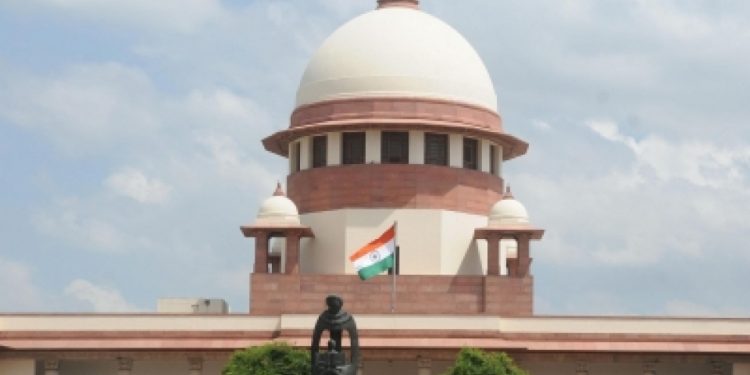The Supreme Court’s direction to all states and Union Territories to register cases on their own against those making hate speeches is a very welcome step. This development, to rein in hate mongers, has been damaging the social fabric of this nation for the past few years because all this hate being generated is for political gains only. In the absence of stern measures from the police and judiciary the perpetrators of such crimes have been emboldened. They are using this laxity to whip up religious sentiments each time a major election is held in the country so as to polarise voters on communal lines and reap electoral dividends. This trend has assumed serious proportions since 2014 and even top leaders keep delivering incendiary speeches with communal overtones with impunity.
The Bench of Justices KM Joseph and BV Nagarathna extended its October 21, 2022 order, earlier limited to directing police only in Delhi, Uttar Pradesh and Uttarakhand to take suo motu action in cases of hate speech to all states and Union Territories. What is of significance is the addition to this order that says any hesitation to act in accordance with this direction will be viewed as contempt of court and appropriate action shall be taken against the erring officers. Such action will be taken irrespective of the religion that the maker of the speech or the person who commits such act belongs to. The sweeping order should be viewed as being intended to preserve the country’s secular character as envisaged by the Preamble of the Constitution.
The problem of applying the existing legal provisions to prevent hate speech is that the affected people more often than not hesitate to lodge complaints for legal remedies fearing for their safety. The Bench has correctly understood the situation which is why Justice Joseph said that many a time people may not come forward to complain. To protect the people from harassment by the offenders the apex court has said in its order that police themselves should take action. It goes without saying that public good has prompted the Bench to issue such a direction. However, can any police officer of any state demonstrate an overreach of this nature if the party in power in that state is ambivalent, if not outright supportive, to such crimes.
Another important aspect of the order is the warning issued by the Bench that delay in registering hate speech cases would be treated as contempt of court. This has been necessitated by the reluctance of the police and the administration to take cognisance of glaring instances of incendiary speeches by high profile politicians.
Now that the apex court has put the onus of taking action against perpetrators of hate speech on the police and the state administration, it is expected and hoped that the political standing of the violators would not weigh on the law enforcing agencies. Such directions from the judiciary prove that not all institutions in this country will fall by the way.






































